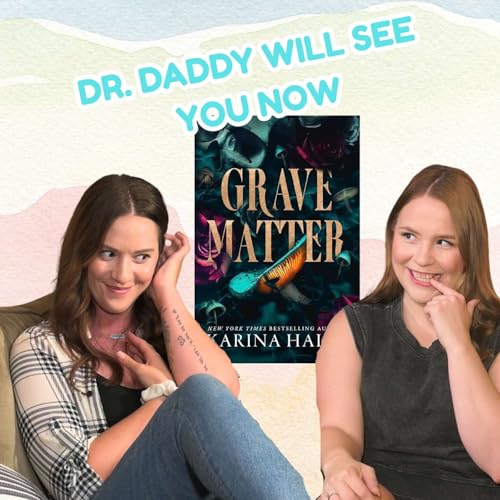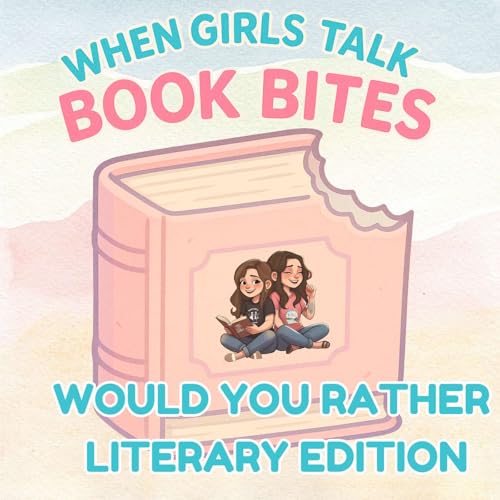A single bouquet sets off a chain of goosebumps. We dive into Roses in Rome by Jessica Everly, a clean romance that starts with coffee drops in a Chicago law office and ends with a hard-won happily ever after braided through grief, family lore, and the art of choosing each other again. We follow Sienna—shell-shocked by a career setback and a devastating miscarriage—as she flies to Rome with her mom, stumbles into a priest who sketches between Mass and metaphors, and slowly reclaims her voice with a pencil, a plaza, and a mystery: why did the family’s flower order jump from eleven roses to twelve?
We rewind the Chicago timeline that made us swoon: a desk coffee courtship, a street festival first dance, a museum date that blooms into a rose garden proposal. Then we sit with what comes next: shattered routines, resentment born from different grief clocks, and work as a refuge that becomes a wall. In Rome, the legend of florist Lorenzo and a string of annual bouquets leads to Dona’s journals and a truth that reframes everything—love can survive repeated loss when it’s marked, remembered, and shared. No love triangle bait here; Giuseppe is a mirror, not a detour, and the Vatican scenes remind us that art can hold what words can’t.
The Florida chapter is where courage shows up. Sienna knocks on Joey’s door to apologize, and what could have been melodrama turns into something braver: two people naming what hurt, what was missed, and what they still want. On a quiet boat ride, forgiveness lands. The epilogue pays it forward with adoption, a surprise pregnancy, and a bouquet that grows to thirteen roses—a living ledger of love, loss, and legacy. If you’re searching for second-chance romance, clean storytelling, healing after miscarriage, and a touch of travel and art, this one will leave you teary, hopeful, and texting a friend.
Listen now, rate five stars if you cried even once, and share your favorite clean romance that made you believe in second chances. Subscribe for more thoughtful book chats and fan casts that might just predict the next big adaptation.
Support the show
Editing done by Connor Luther @clfilms.co
Music by @thundercatlouis
Merch Here
 35 分
35 分 2025/11/261 時間 23 分
2025/11/261 時間 23 分 25 分
25 分 1 時間 30 分
1 時間 30 分 9 分
9 分 2025/09/241 時間 25 分
2025/09/241 時間 25 分 17 分
17 分 58 分
58 分
